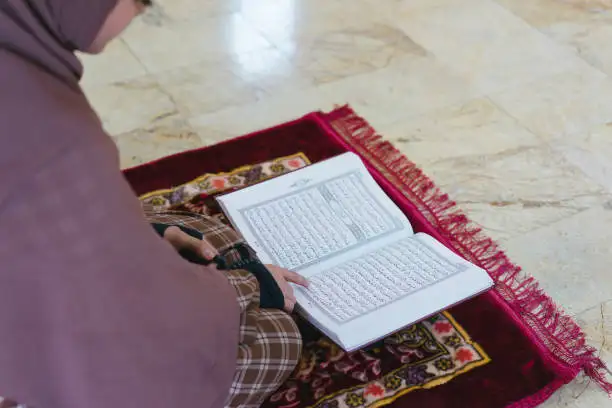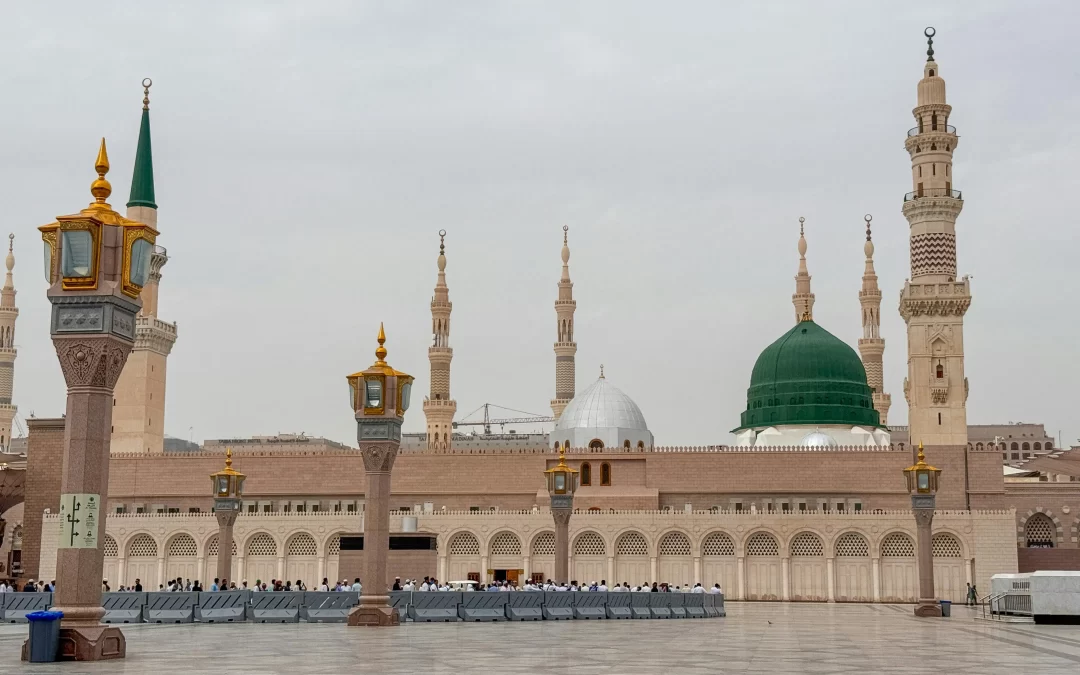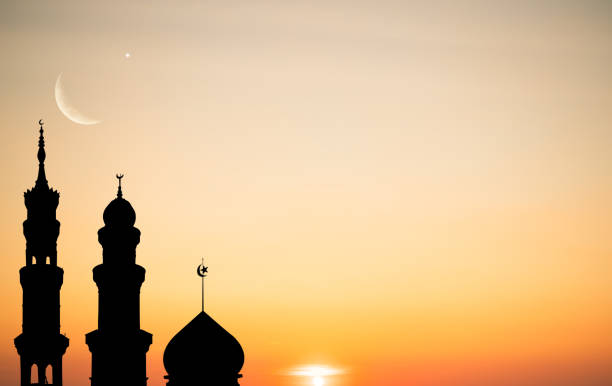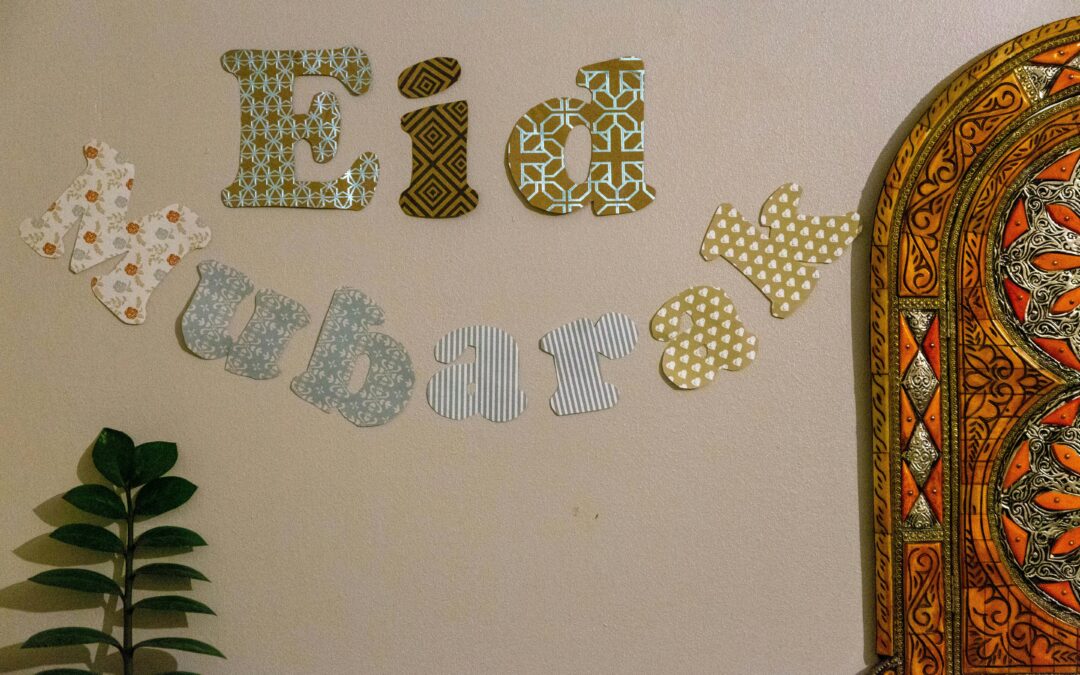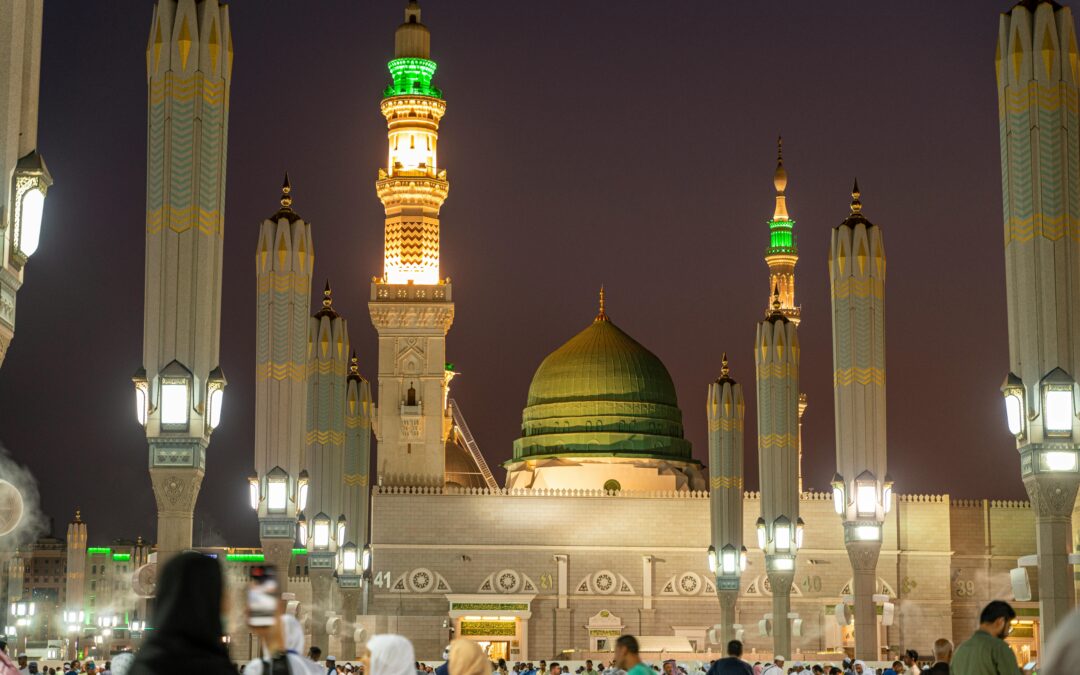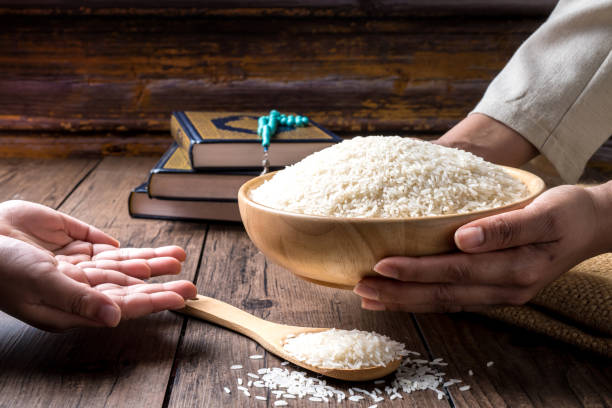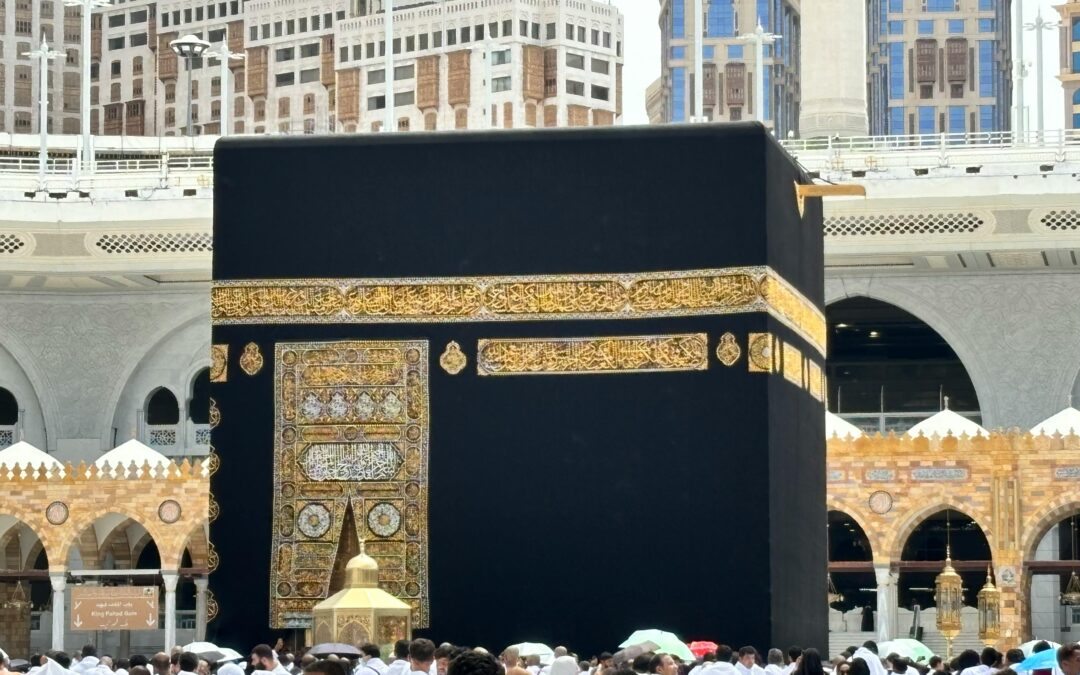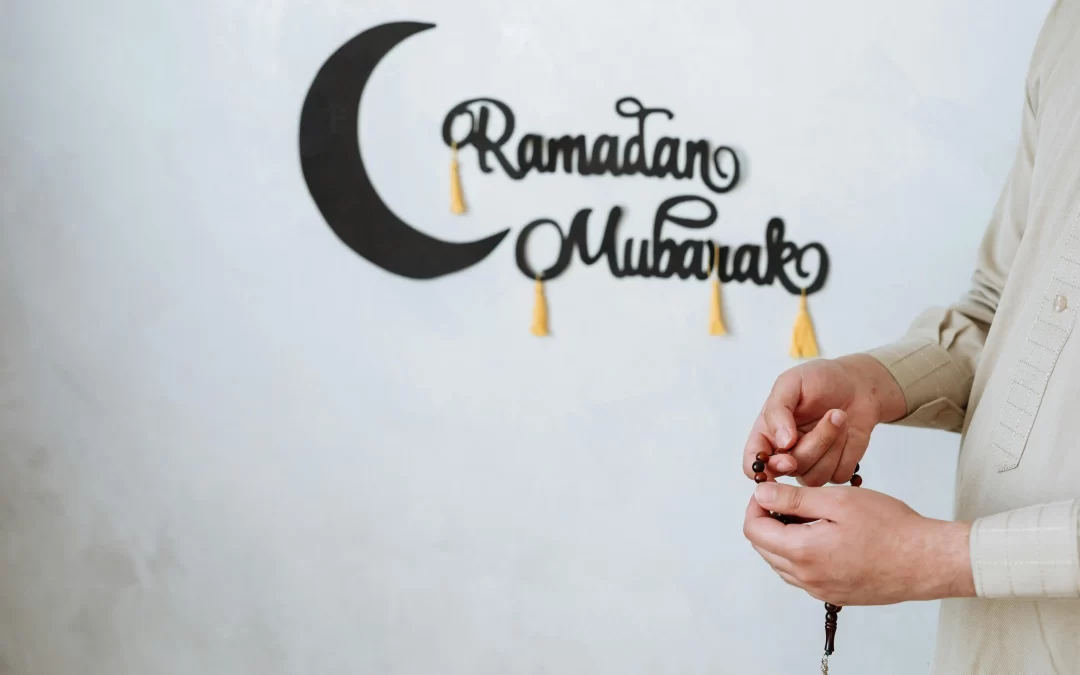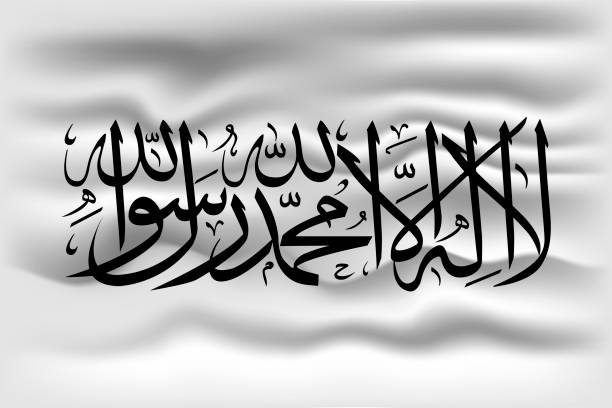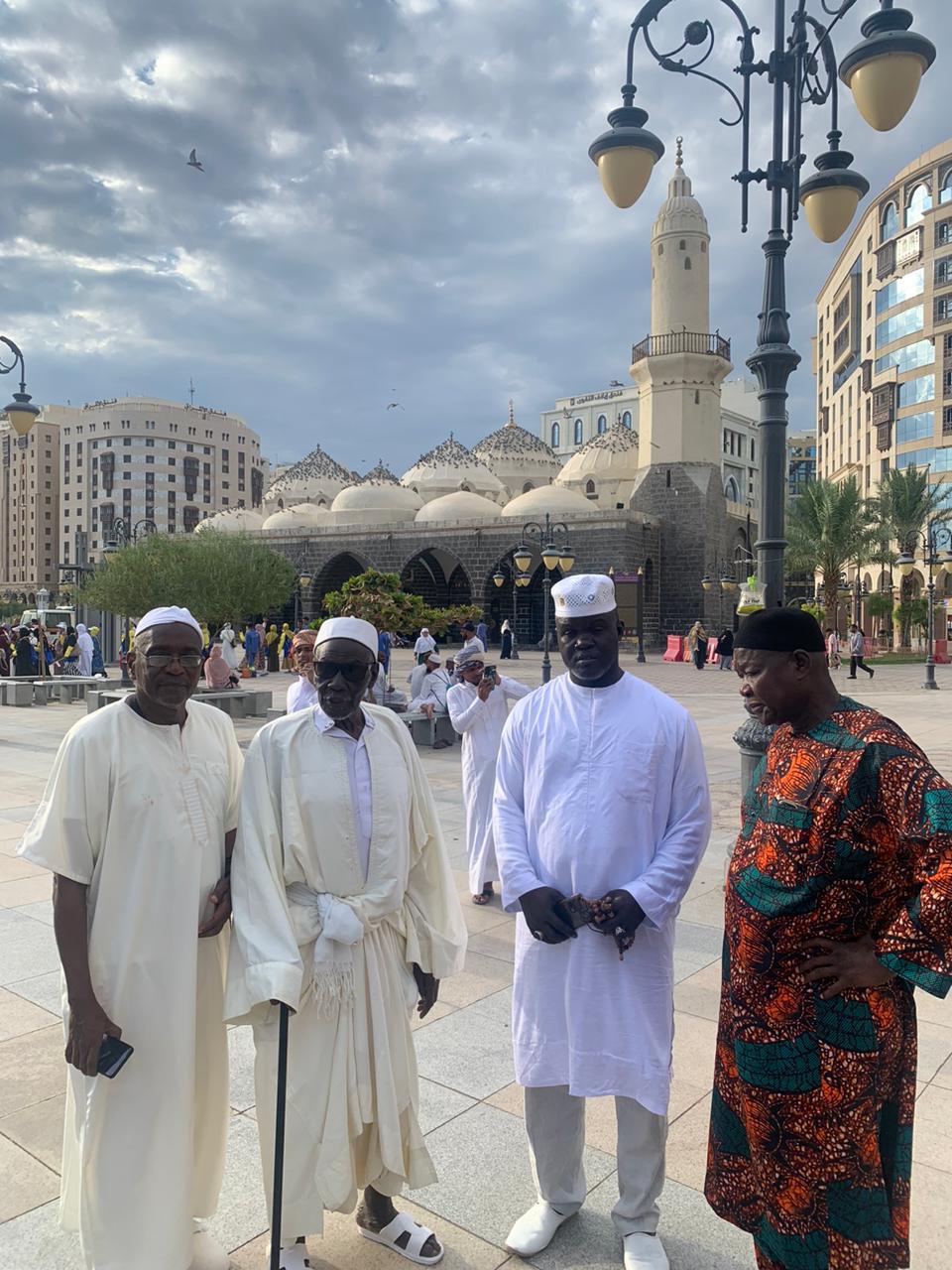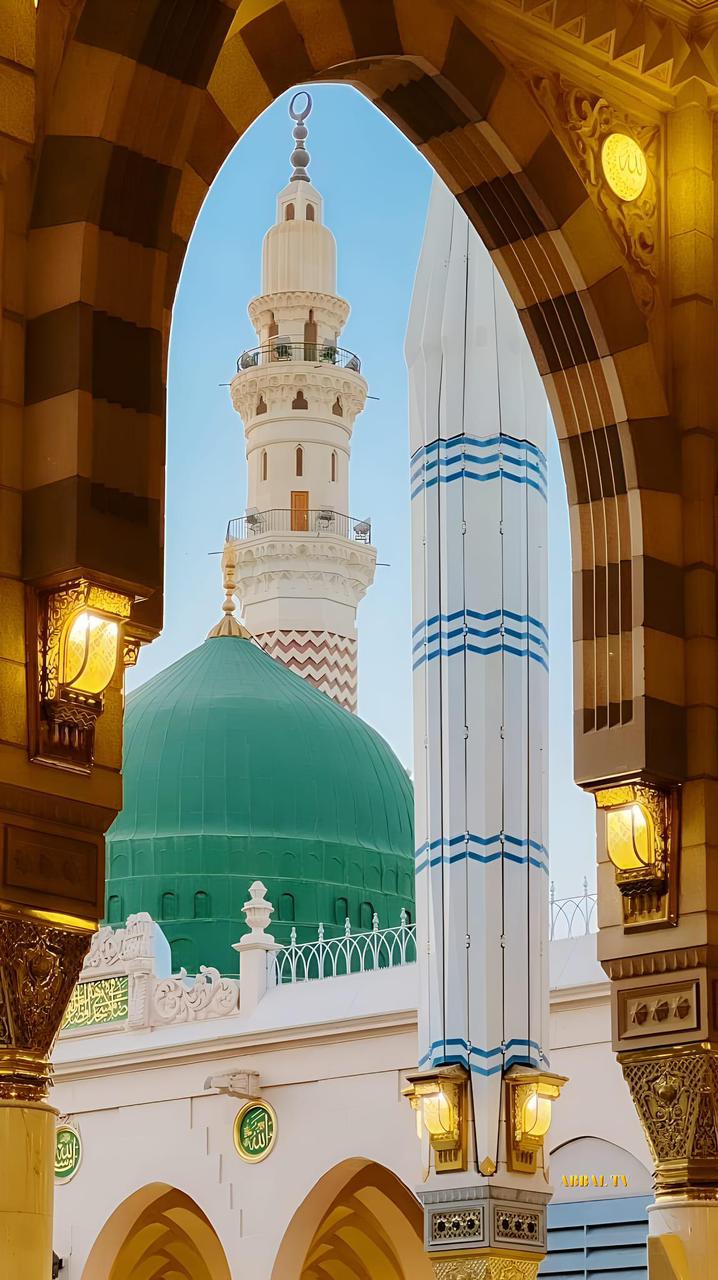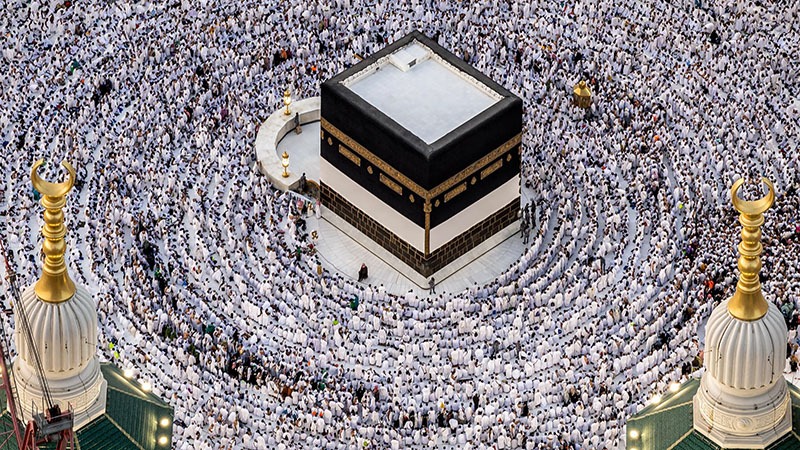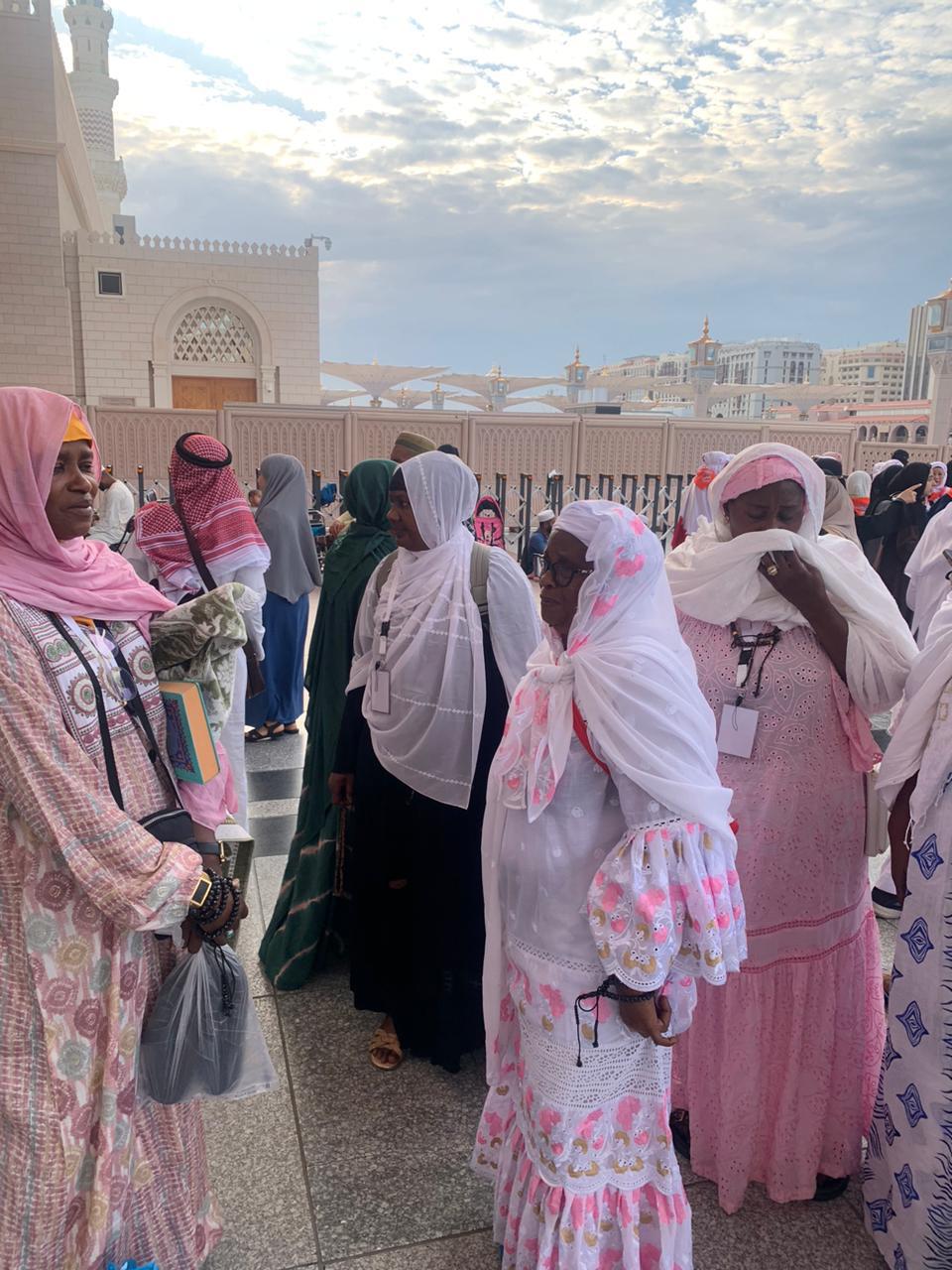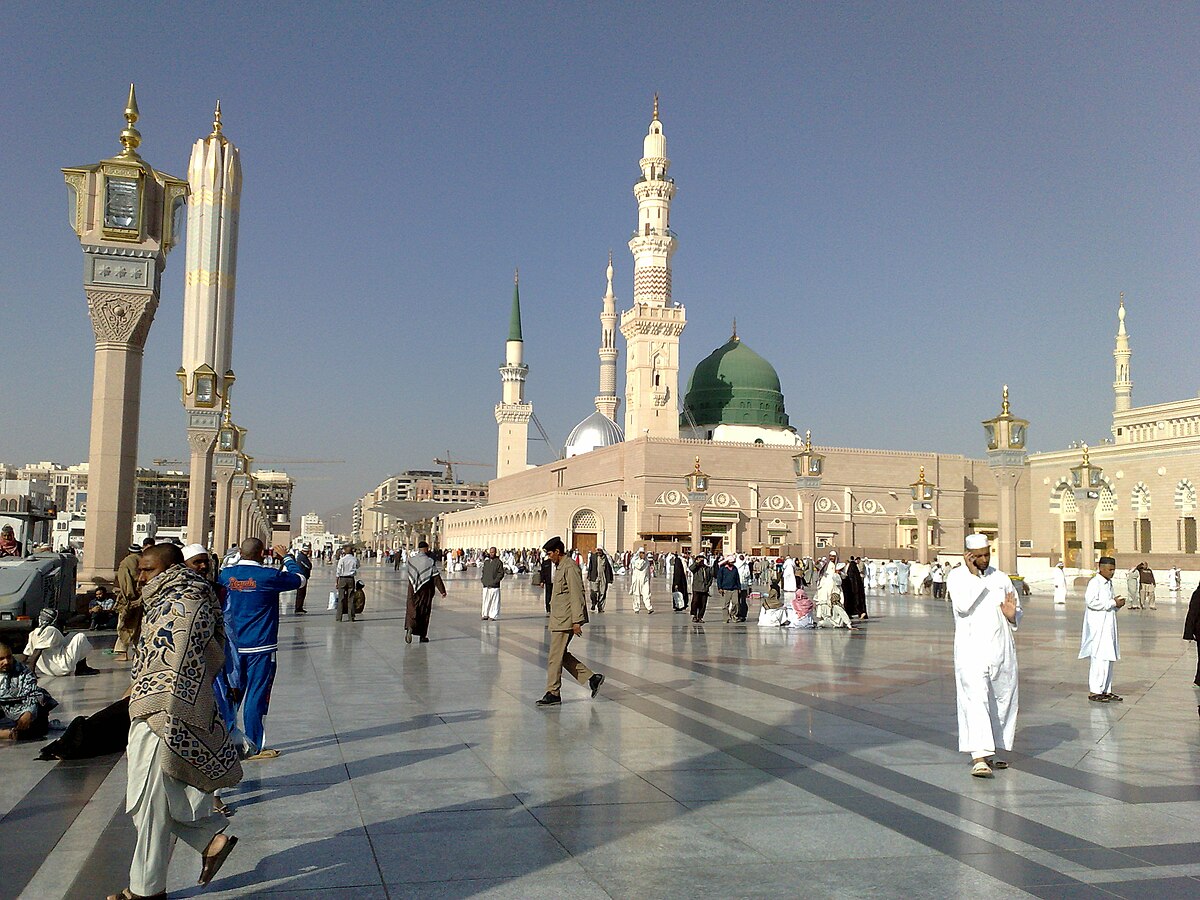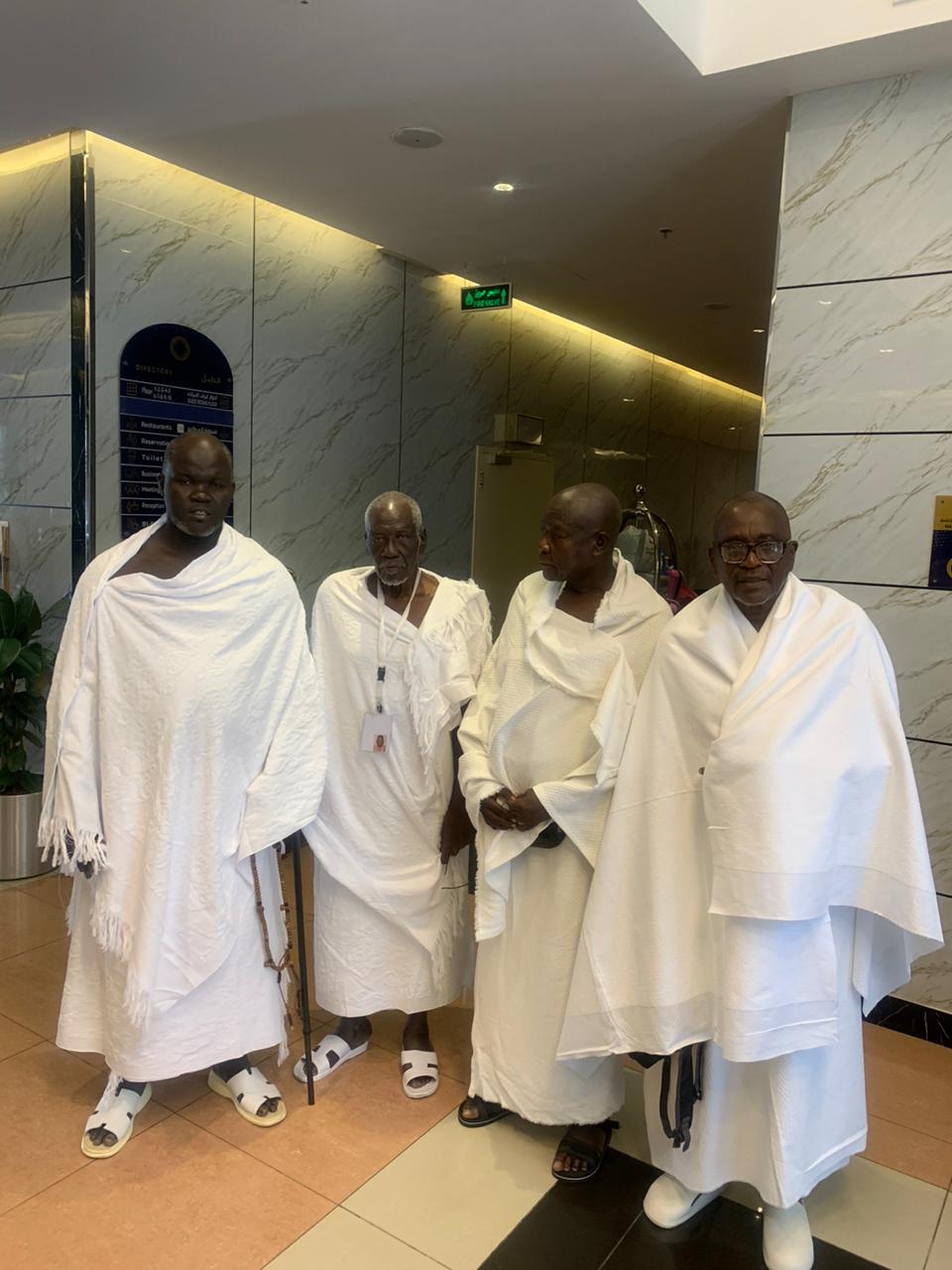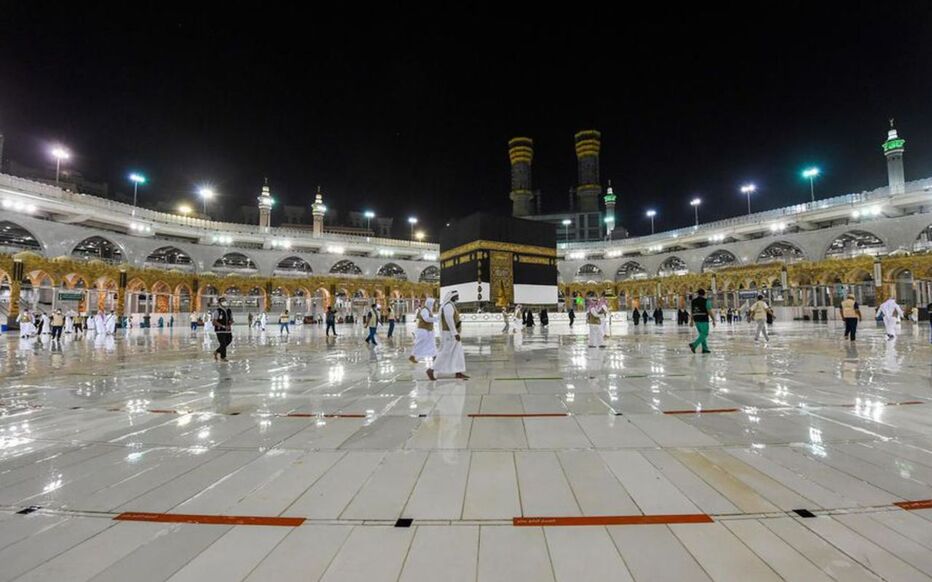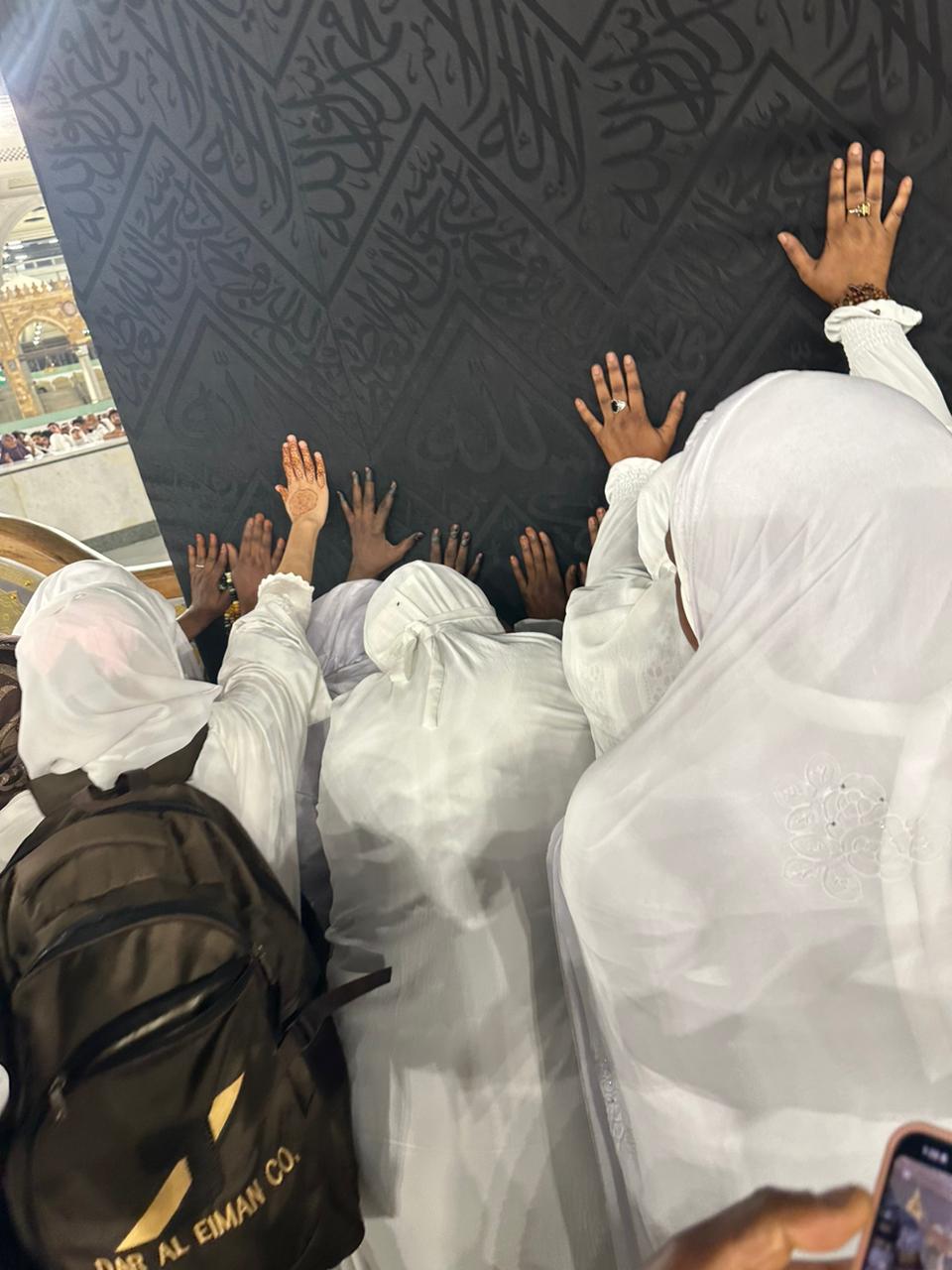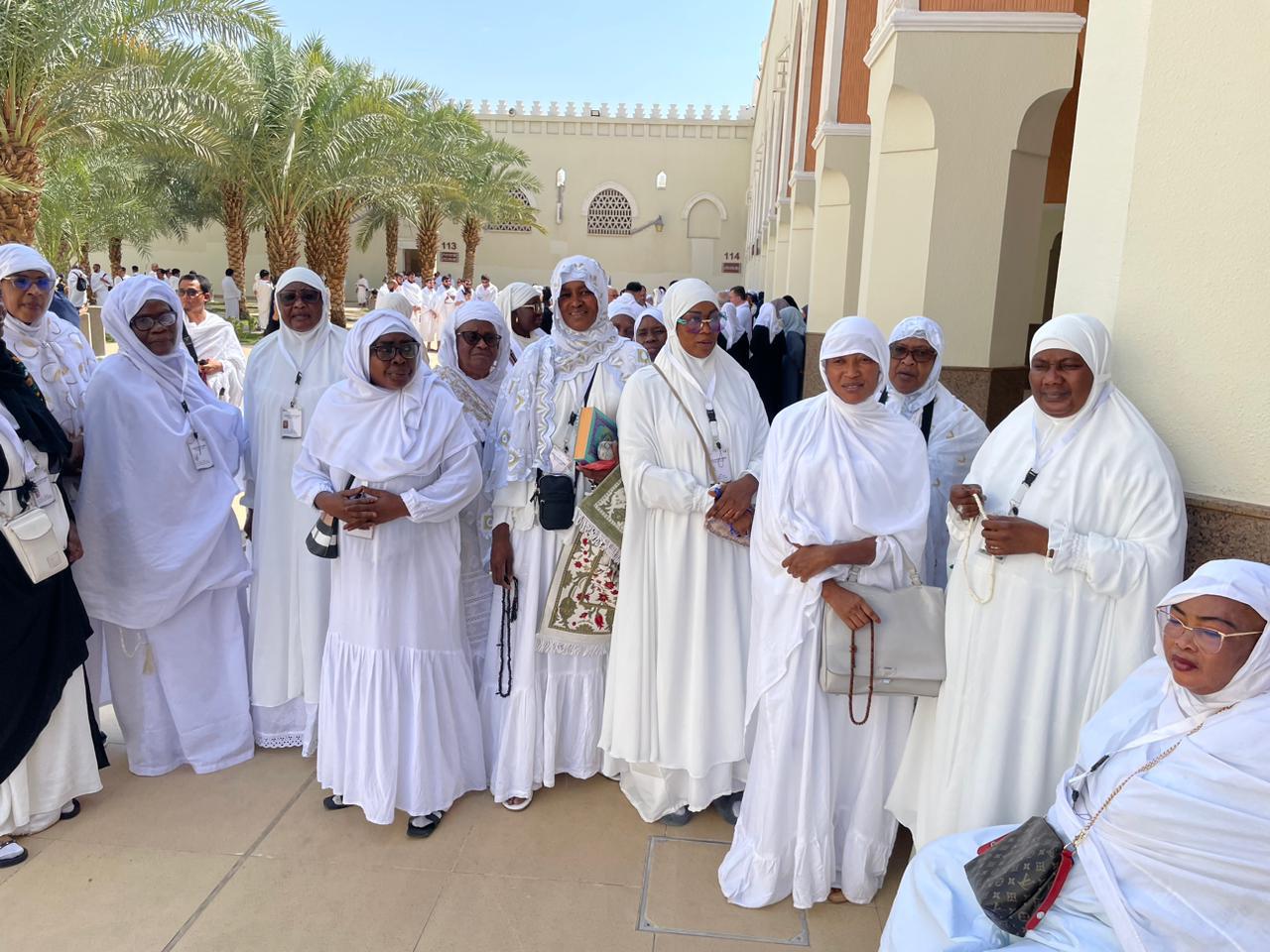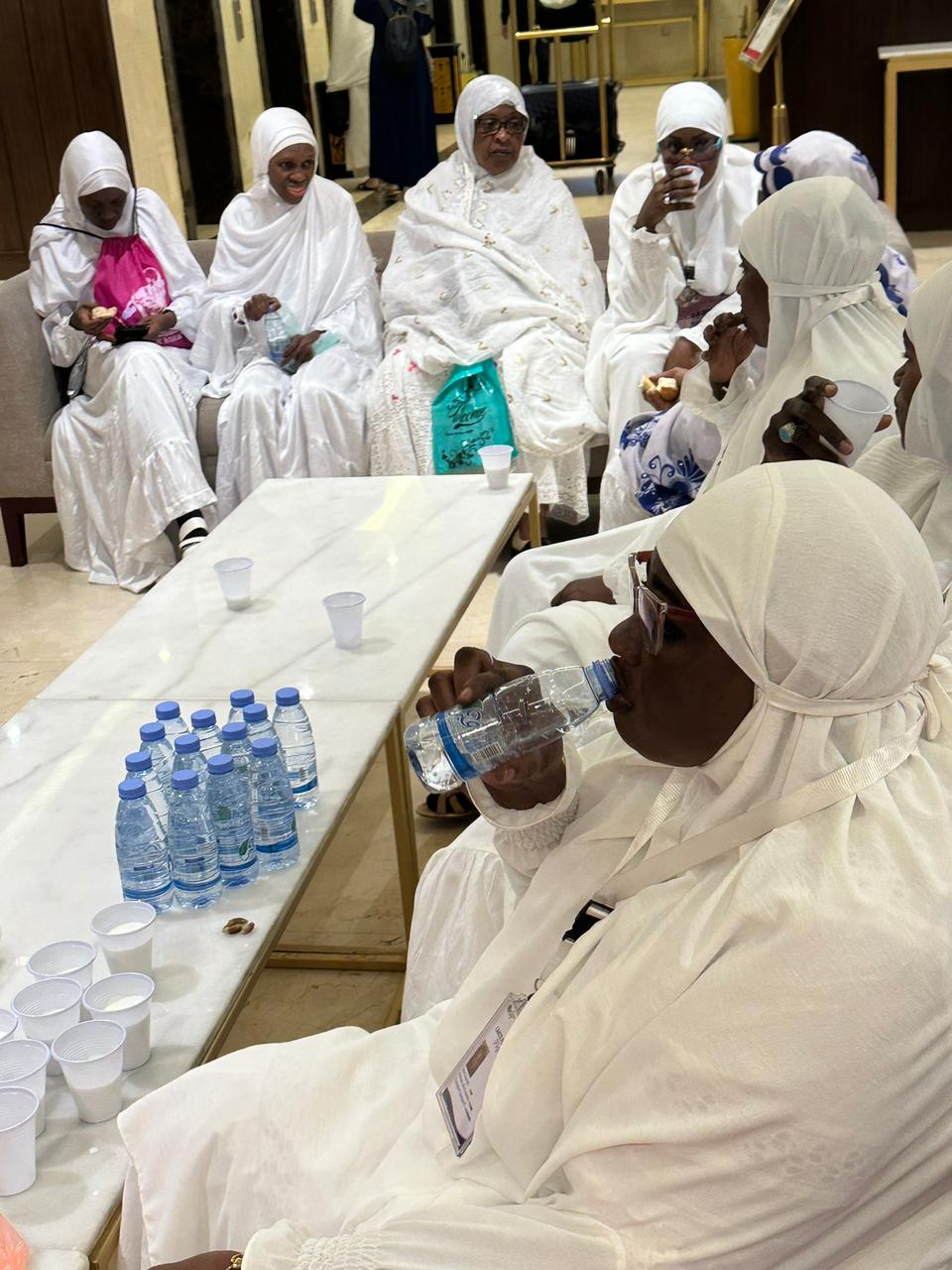Media
Tawhid (The Oneness of God)
The recognition of the Oneness of Allah, this pure belief which is Tawhid, so important for the Muslim, should be understood in its entirety in order to achieve pure monotheism and avoid any form of shirk (associating partners with Allah). Without this understanding and sincere acceptance of Allah\'s Attributes and…
The Prophet’s Mosque (Masjid al-Nabawi)
The Nabawi Mosque was originally built and established by Prophet Muhammad (PBUH). It is located in Medina, Saudi Arabia, and is considered the second holiest mosque in Islam after the Grand Mosque (Masjid Al-Haram) in Mecca. Throughout history, Masjid al-Nabawi has been renovated several times. The current structure of the…
The six days of fasting in Shawwal
The month of Shawwal is the tenth month of the Islamic lunar calendar and follows the holy month of Ramadan. It is a symbolic month of gratitude, spiritual renewal, and rewards. Shawwal begins with the celebration of Eid al-Fitr, marking the end of Ramadan fasting, a time of celebration and…
Eid al-Fitr (Festival of Breaking the Fast)
Eid al-Fitr, or Aïd al-Fitr, is a Muslim religious festival that marks the end of the month of Ramadan, a month of fasting, prayer, and spiritual purification. The word \'Fitr\' means \'breaking the fast,\' symbolizing the end of the daily fast observed during the month of Ramadan. This celebration takes…
Laylat al-Qadr (the Night of Destiny)
Laylatul Qadr, or the Night of Destiny, is one of the holiest and most important nights in the Islamic calendar. It falls during the last ten nights of the month of Ramadan, typically on the 27th night, although some traditions indicate it could also be on the 21st, 23rd, 25th,…
Zakat al-Fitr (the charity of breaking the fast)
Zakat al Fitr (or Zakat al-Fitr) is an obligatory form of charity that every Muslim must give before the Eid al-Fitr prayer, marking the end of the month of Ramadan. It is intended to purify the fasting person from mistakes or wrongdoings committed during the month of fasting and to…
The stages of Hajj (pilgrimage)
Hajj consists of several specific rites, each holding profound spiritual significance. Here is a detailed description of the stages of Hajj. IhramIhram marks the beginning of Hajj. Pilgrims enter a state of ritual purity by wearing specific garments: two pieces of unstitched white cloth for men, symbolizing equality and…
What is Ramadan?
Ramadan is one of the 12 months in the Islamic (Hijri) calendar. It is a very important month in Islam. It is distinguished from other months by a number of specific features and virtues, including: Allah, the Almighty and Majestic, made fasting during this month the fourth pillar of Islam.…
Zakat (The Obligatory Almsgiving)
The term \"zakat\" refers to the obligatory almsgiving prescribed to the believers to purify them. Allah says in the Qur\'an: \"Take from their wealth a charity by which you purify them and cause them to grow.\" (9:103) Every Muslim is expected to know that the payment of zakat is one…
The Shahada (Testimony of Faith)
The Shahada, also known as the Testimony of Faith, is one of the fundamental pillars of Islam. It represents the declaration of the Muslim faith and is the first of the Five Pillars of Islam. The Shahada is a concise yet profound expression that affirms the central belief in the…

